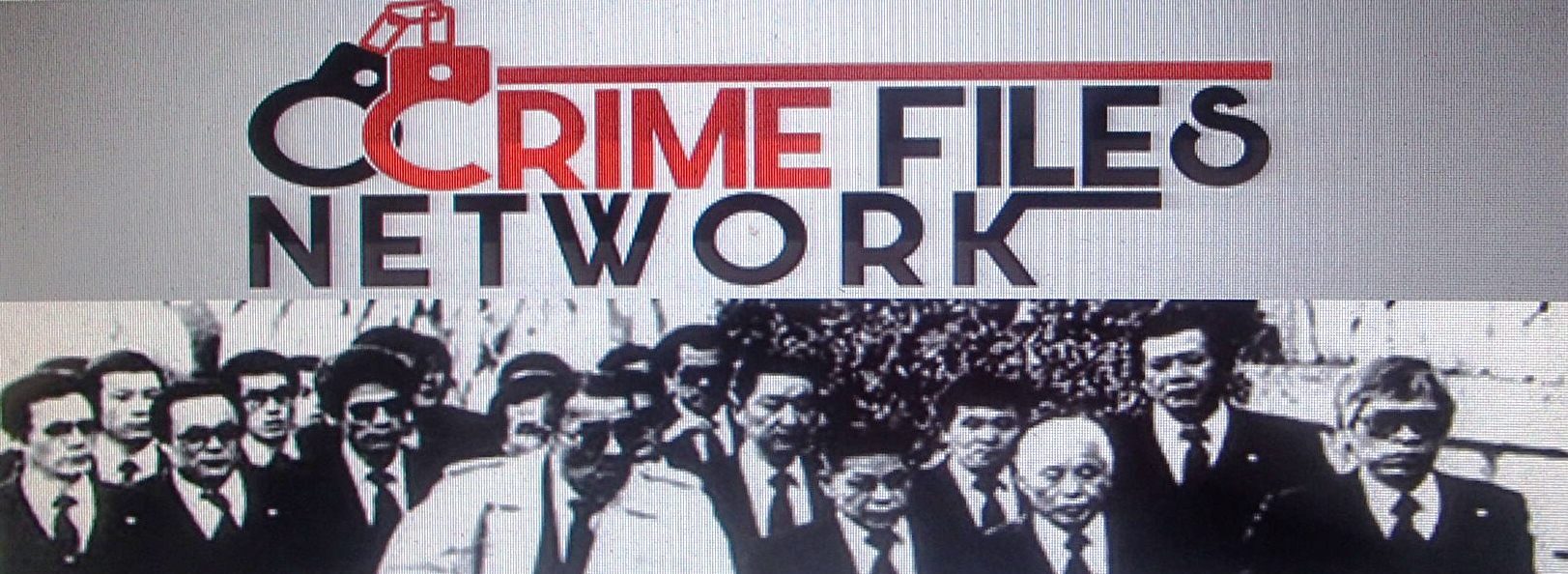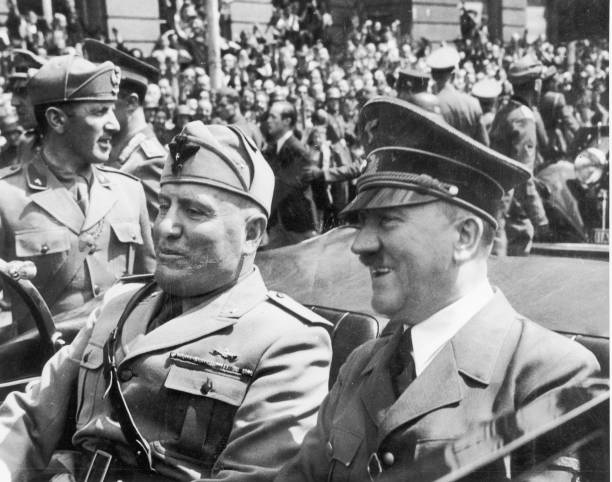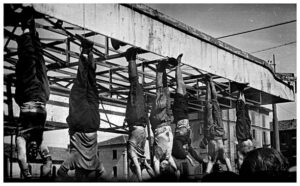Mussolini was born on the 29th July 1893. His father was an avowed socialist while his mother was a devout Catholic. This conflicting balance of economic socialism but social traditionalism might be key to explaining the radical path the young boy would take later in his life. Mussolini was a difficult child with rebellious and violent tendencies. He was expelled from multiple schools for engaging in fights with other pupils and even staff.
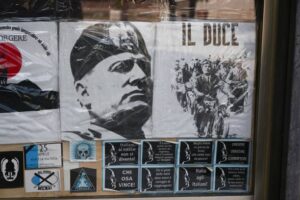
At one school, he was expelled for stabbing another boy with a penknife during an argument. At home, Mussolini was radicalized into his father’s socialist politics. While helping his father in his workshop, the young Mussolini’s head was filled with criticisms of the government and the dreams of a socialist future. As he got older, Mussolini began attending socialist meetings and building a network of friends among the socialist movement.
These early political engagements planted the seeds of political ambition that would one day bear terrible fruit. In 1902, the 19 year old Mussolini emigrated to Switzerland.
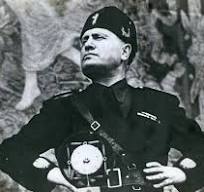
Mussolini immersed himself in radical political ideas of direct action and violent opposition to the powers that be. He began advocating for these tactics which resulted in him being arrested and deported to Italy in 1903 and again in 1904, before returning to Italy permanently.
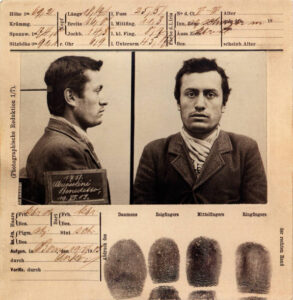
After serving his 18 months of compulsory military service from 1905 to 1906, Mussolini began editing and writing for a variety of socialist publications. His rise to stardom came with the Italian Invasion of Libya in 1911. Despite his own military service, Mussolini was a fierce critic of the war and even participated in anti-war riots. His public opposition to the war caught the eye of authorities who arrested him and sentenced him to jail for 5 months.
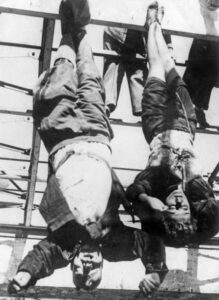
Already popular on the socialist left, Mussolini’s anti-war advocacy and arrest catapulted him to new heights and he became one of Italy’s foremost socialist figures. In 1912, he was appointed the editor for Italy’s leading socialist newspaper, Avanti!. The paper went from 20,000 daily readers to 100,000 under Mussolini’s oversight. Mussolini’s power to appeal to the people was clear. Now a rising political star with an audience at his fingertips, Mussolini’s path in life was soon to take a radical turn. Mussolini Turns to the Right In 1914, the First World War erupted in Europe. Italy was initially neutral and Mussolini, like most socialists, supported this neutrality.
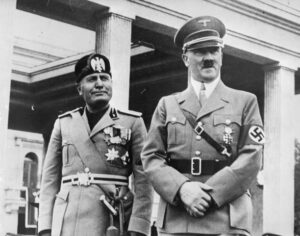
However, Mussolini’s opinion soon changed and he came to see the war as an opportunity to inspire revolution across Europe as the old regimes were consumed by devastating conflict. By the end of 1914, Mussolini was passionately pro-war. His new pro-war opinions alienated his socialist allies and in October 1914 he was suspended from his position as editor for Avanti!. However, Mussolini would not be silenced. He quickly founded a new paper, Il Popolo d’Italia, which would run until the fall of his regime in 1945. In Il Popolo, Mussolini advocated for Italian entry into the war, a position that earned him secret backing from the British and French governments.
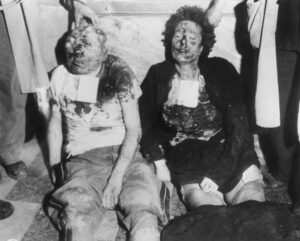
But Mussolini’s intentions were far from pure: he wanted war as a prelude to revolution and came to see war as a crucial step in forming a strong Italian national identity. As he famously claimed in a speech in December 1914: “Blood alone moves the wheels of history.” Furious at the Italian government, he urged “the shooting, I say shooting in the back of some dozen deputies.” Mussolini argued that the Germans were engaged in a “war of extermination” and, in return, “we must reply with a war of extermination of our own.”
![]()
